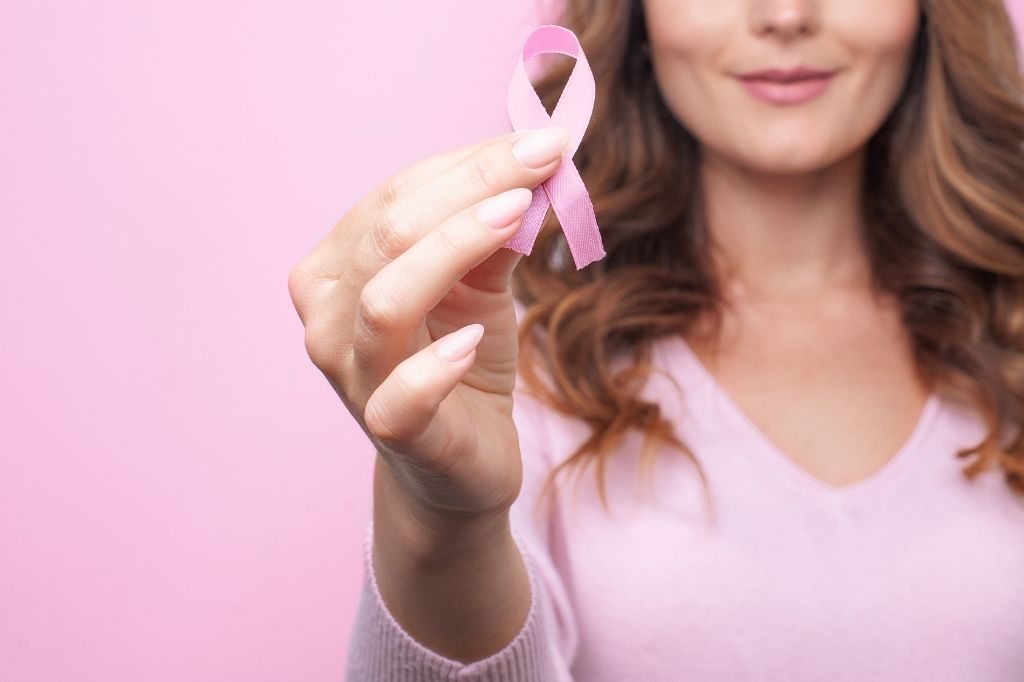How Useful is BRCA Genetic Counseling?
For women who have a family history of breast cancer, genetic counseling can make a big difference.
You’ve probably heard a lot about the BRCA gene and that it plays some role in whether or not you’ll develop breast cancer. While early detection and the use of 3D mammography have done a lot to increase the breast cancer survival rate, BRCA testing can help women assess their lifetime risk of getting the disease.
But what exactly is the BRCA gene and how do you go about getting tested for it? We have the answers for you.
What Is BRCA?
Your body has a complicated genetic makeup. In a perfect situation, all of these genes work together to make sure your body functions at its best.
Sometimes, however, there are problems with the genes, and even the smallest variation can lead to serious complications.
The BRCA gene is a specific gene that impacts a person’s chances of getting breast cancer. The letters stand for “BReast CAncer gene.” Everyone has a BRCA1 and a BRCA2 gene.
First, let’s clear up a misconception. The BRCA genes do not cause breast cancer. In fact, they actually help suppress tumors.
The problem arises when these genes are not functioning properly and can’t stop the tumors. When a gene can’t carry out the functions that it was designed for, it’s called a genetic mutation.
Those with this mutation are more likely to develop breast cancer.
How Useful is BRCA Genetic Counseling?
It is very useful and important because while about 12 percent (1 in 8) of women will develop breast cancer, more than half with the BRCA1 mutation will develop breast cancer before age 70, according to the National Breast Cancer Foundation.
For those with the BRCA2 mutation, 45 percent will develop breast cancer by age 70.
The end result? Those with a BRCA mutation tend to develop cancer when they are younger, and can pass this defective gene to their children.
They are also more likely to get a second cancer from it.
This means that those with the genetic mutation can be on alert to any changes in their breast tissue—no matter how slight.
If your age or family history indicate that it is time to start annual mammogram screening, we can help you schedule this at the time of your annual exam to make it as convenient as possible.
We offer sophisticated 3D mammography services. These are often more effective than a traditional mammogram because it enables radiologists to easily differentiate between tumors and supportive breast tissue. These both appear white on a traditional mammogram.
What Is BRCA Testing?
This test examines your genetic makeup to see if you carry the mutated BRCA gene. It’s typically done by a blood test where your DNA is closely examined.
Who Should Have BRCA Testing?
We believe each woman’s risk must be evaluated on a case-by-case basis.
It’s our recommendation that you receive genetic counseling and possible BRCA testing if:
- You have relatives that have a BRCA gene mutation
- You have had breast cancer before age 45 or if you’ve had a second primary breast cancer
- You have one or more relatives with breast cancer before age 50
- You have unknown or very limited family history, we encourage you to consider BRCA testing
- You have had ovarian cancer
- You’ve had breast cancer and are of Ashkenazi (Eastern European) Jewish ancestry
All genetic testing can be done in our office and we can easily arrange for the genetic counseling to be done by phone from the comfort of your home.
Our Patients Are Our Heroes
Through our decades of serving area women, we have seen them overcome not only breast cancer, but other cancers as well. Their courage and determination inspire us every day.
This is one reason why we want to be partners in your healthcare. This means much more than monitoring your gynecological health—it means taking into account your entire health history and profile. We want to help you stop serious diseases—such as diabetes—before they can develop.
We would welcome the privilege of caring for you. Simply schedule an appointment with us today.





